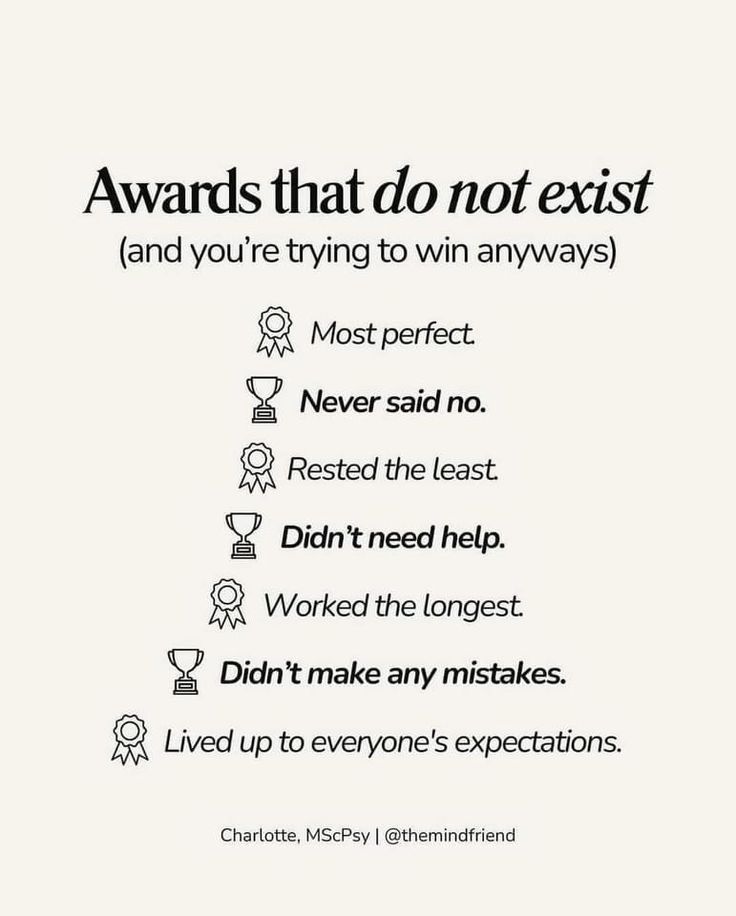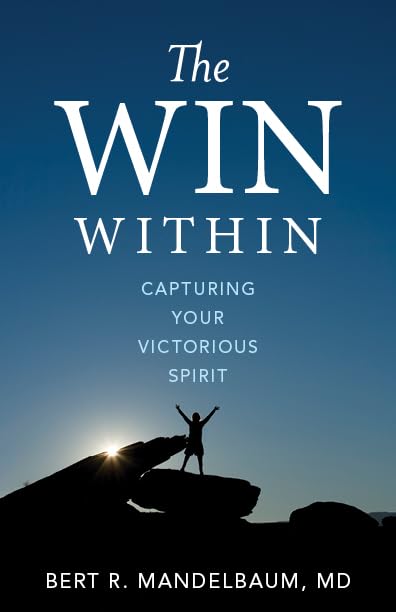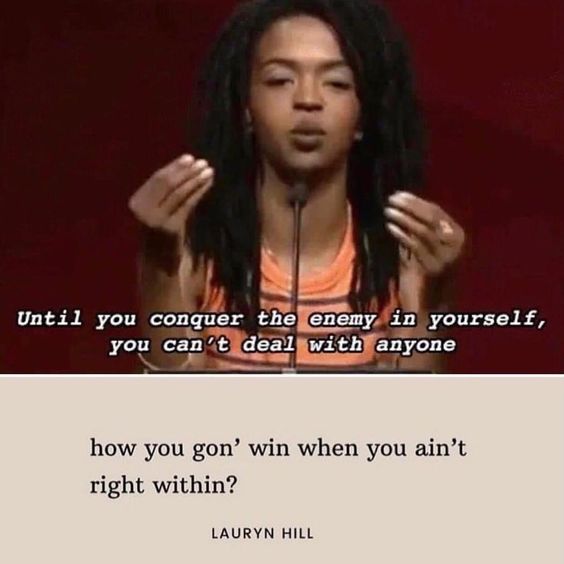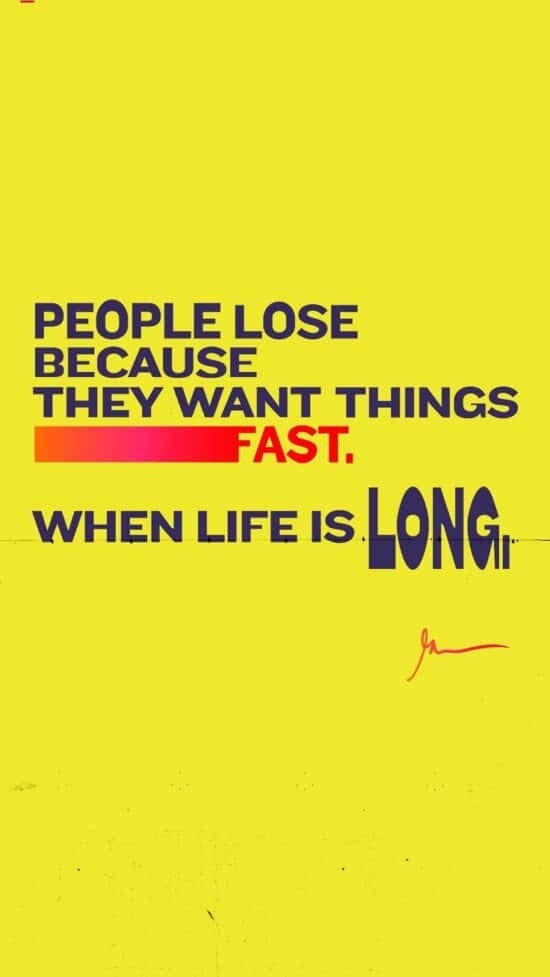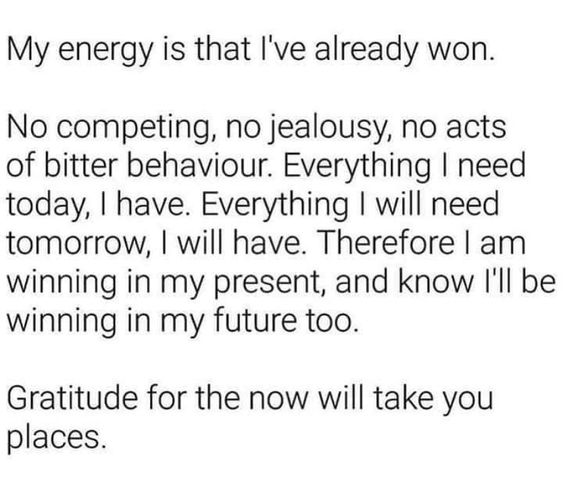“You don’t have to end up number one in your class. Or win everything, every time. In fact, not winning is not particularly important. What does matter is that you gave everything, because anything less is to cheat the gift. The gift of your potential. The gift of the opportunity. The gift of the craft you’ve been introduced to. The gift of the responsibility entrusted to you. The gift of the instruction and time of others. The gift of life itself.”
Ryan Holiday, Discipline Is Destiny (Page 212)
“As a rookie, Joe DiMaggio once asked [Lou] Gehrig who he though was going to pitch for the opposing team, hoping perhaps, to hear it was someone easy to hit. ‘Never worry about that, Joe,’ Gehrig explained. ‘Just remember they always save the best for the Yankees.’ And by extension, he expected every member of the Yankees to bring their best with them too. That was the deal: To whom much is given, much is expected. The obligation of a champion is to act like a champion… while working as hard as somebody with something to prove.”
Ryan Holiday, Discipline Is Destiny (Page 7)
The Win Within: Capturing Your Victorious Spirit [Book]
Book Overview: As an orthopedic surgeon, a finish-line physician, and a USA team doctor at the World Cup and the Olympics, Dr. Bert Mandelbaum has witnessed the trials and triumphs of elite athletes from a vantage point few of us get. And over his twenty-plus years of experience, he’s identified a common character trait that every elite athlete relies upon for success: it’s what he calls the ”victorious spirit.” In The Win Within, Mandelbaum reveals that any of us–no matter our age or physical condition–can capture that same spirit in our own lives. This inner drive to win resides in all of us, he argues, hardwired into our DNA by ancestry dating back millions of years. You’ll learn how to view life the way a top-performing athlete does: relentlessly, tenaciously, positively, and focusing less on the finish line of the marathon and more on the 26.2 miles that precede it. With narrative support ranging from the lessons of our early ancestors to Mandelbaum’s stories of our modern-day gladiators (both household name and lesser known), The Win Within will give you a greater understanding of how and why we’re all hardwired to win–and you’ll come away with no shortage of tactics and motivation to capture your own victorious spirit.
“If I lived only for the major, newsworthy milestones, I’d be miserable. Instead, I focused on small wins and created an alternative way to measure success and happiness: know what you’re good at and what you like doing, and spend as much of your workday doing exactly that.”
Aytekin Tank, Automate Your Busywork (Page 168)
“The will to win is wasted if it is directed towards trivial affairs.”
James Clear, Blog
“If you’re always right, you’re not learning. If you’re never failing, you’re not reaching. The objective is to be right. The objective is to succeed. But if you’re always winning, you’re undershooting your potential.”
James Clear, Blog
“There’s a phrase out there that says, ‘Sometimes you win. Sometimes you learn.’ I can’t stand that phrase. And the reason I can’t stand that phrase is because it implies two things. It implies that you can’t learn from winning. Like you win or you learn? No, you can learn a lot from winning. Success leaves clues. What it also implies, losing is some word that no one says of, ‘Oh, I didn’t lose. I learned.’ No, you lost. Own it. You lost, you got beat today, and that’s life you’re going to lose sometimes. And instead of flowering it up and saying, “No, no, I didn’t lose. I just ran out of time. I didn’t lose.” No, you lost.”
Justin Su’a, via Farnam Street Blog
“The person who gets 1 shot needs everything to go right. The person who gets 1000 shots is going to score at some point. Find a way to play the game that ensures you get a lot of shots.”
James Clear, Blog
“What’s the point of winning at sports but losing in the effort to be a good husband, wife, father, mother, son, or daughter? Let’s not confuse getting better at stuff with being a better person. One is a much bigger priority than the other.”
Ryan Holiday, The Daily Stoic (Page 315)
“In order to achieve victory, one must dedicate every second and every resource into preparation and training. LeBron James doesn’t take a summer break—he uses it to work on other aspects of his game. The U.S. military trains its soldiers day and night when not at war, in preparation for when they have to go to war; when they do go to war, they fight until it’s over. The same is true for us. We can’t do this life thing halfheartedly.”
Ryan Holiday, via The Daily Stoic (Page 265)
“One of the most fundamental principles of martial arts is that strength should not go against strength. That is: don’t try to beat your opponent where they are strongest. But that’s exactly what we do when we try to undertake some impossible task we haven’t bothered to think through. Or we let someone put us on the spot. Or we say yes to everything that comes our way.”
Ryan Holiday, The Daily Stoic (Page 247)
“The infinite game is the game we play to play, not to win. The infinite game is a catch in the backyard with your four-year-old son. You’re not trying to win catch; you’re simply playing catch. The most important parts of our lives are games that we can’t imagine winning.”
Seth Godin, The Practice (Page 167)
